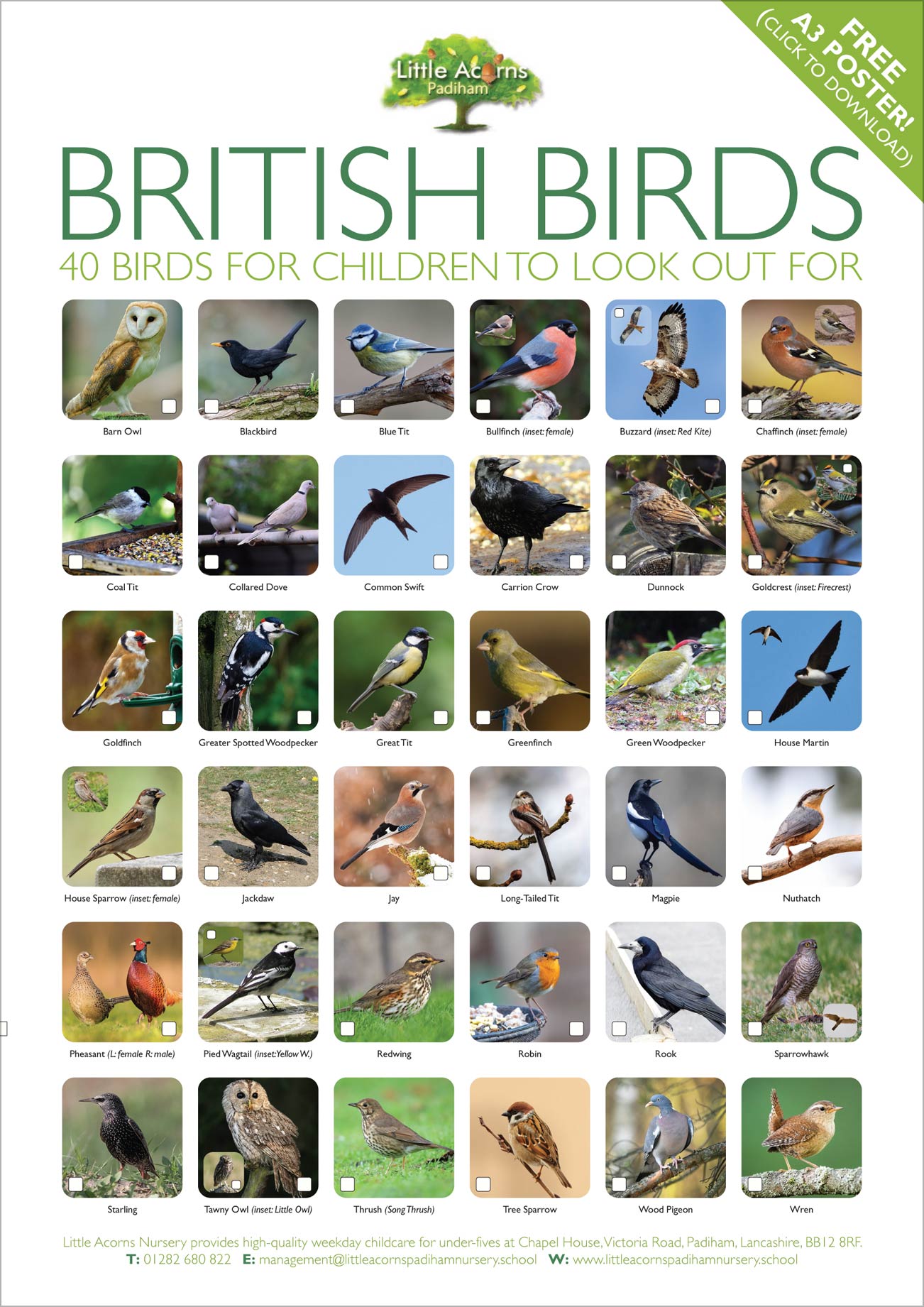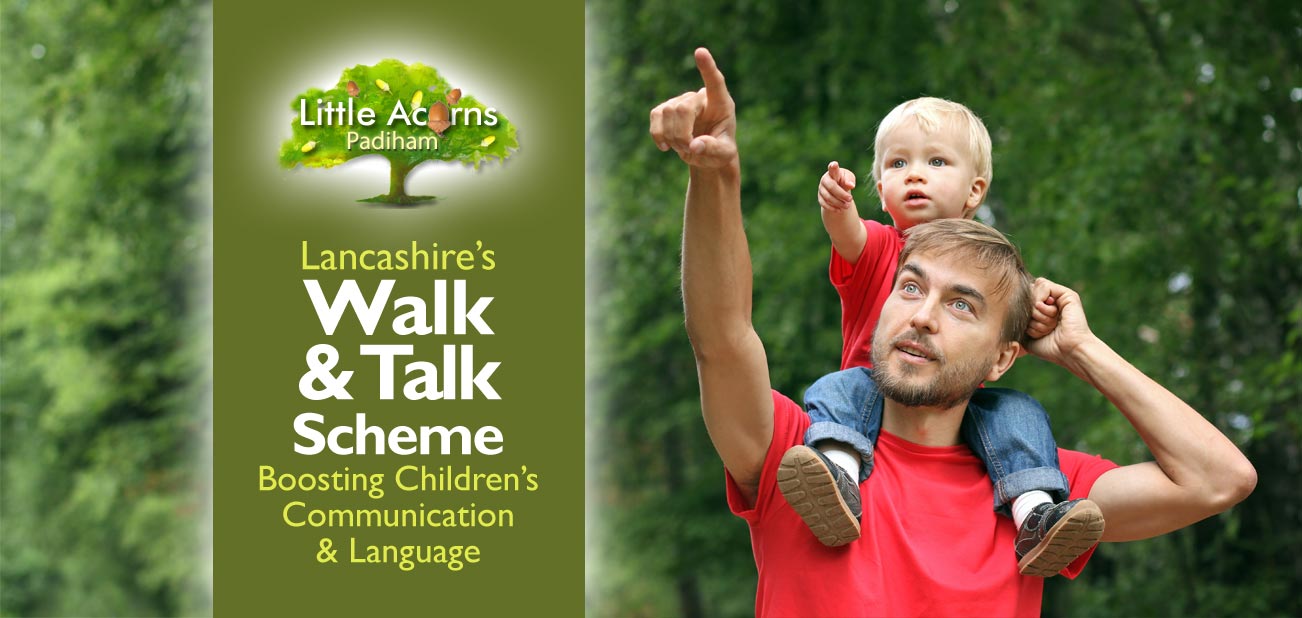
 Lancashire’s Walk & Talk Initiative is a scheme that’s wholeheartedly supported by the childcare practitioners at Little Acorns Nursery in Padiham. We encourage all Lancashire parents to take part too. It’s an initiative that is incredibly simple but has far-reaching benefits for children in their early years. Let’s take a look today at what Walk & Talk is all about, what its aims are, the benefits to children, and how families can get involved.
Lancashire’s Walk & Talk Initiative is a scheme that’s wholeheartedly supported by the childcare practitioners at Little Acorns Nursery in Padiham. We encourage all Lancashire parents to take part too. It’s an initiative that is incredibly simple but has far-reaching benefits for children in their early years. Let’s take a look today at what Walk & Talk is all about, what its aims are, the benefits to children, and how families can get involved.
What is the Walk & Talk Scheme & Where Did it Come From?
 The Walk & Talk scheme is an initiative started by Lancashire County Council back in September 2022. The idea is simply to encourage families to get outdoors and, while doing so, to communicate with each other whilst they walk so that children can improve a variety of skills. As their explanatory video explains, going for a walk helps children hone attention skills, listening skills and, when proactively conversed with, communication and language skills too.
The Walk & Talk scheme is an initiative started by Lancashire County Council back in September 2022. The idea is simply to encourage families to get outdoors and, while doing so, to communicate with each other whilst they walk so that children can improve a variety of skills. As their explanatory video explains, going for a walk helps children hone attention skills, listening skills and, when proactively conversed with, communication and language skills too.
Key Aims of the Scheme
Key aims of the Walk & Talk Initiative include:
 a reduction in the ‘word gap’ — helping children learn new words and widen vocabulary;
a reduction in the ‘word gap’ — helping children learn new words and widen vocabulary;- supporting parents with ideas for deeper interactions with their children;
- encouraging adults to talk with children more during everyday activities;
- garnering a deeper sense of curiosity in children;
- encouraging conversational skills in children, for example, knowing how to take turns when discussing things;
- getting children outdoors more often — it’s great for their well-being.
The Walk & Talk Scheme
There are so many beautiful places in Lancashire where families can explore. While doing so, they can both walk and talk with little ones to promote the importance and benefits of communication.
“Our Walk & Talk initiative aims to get families outside and promote the importance of communication.” (Lancashire District Council)
 The scheme also aims to encourage children to use a variety of senses. These include, for example, sight, smell, touch, taste, hearing and, of course, active listening. When out on walks there are so many different things for children’s senses to be stimulated by and each lends itself to a conversation. Whether it’s the sound of birdsong, the feeling of the wind on their faces, the smell of freshly-cut grass on the breeze, the noise of traffic, the dazzlingly beautiful colours of blossom, or the mouth-watering smell of food cooking around the neighbourhood or town, walking is indeed a feast for the senses.
The scheme also aims to encourage children to use a variety of senses. These include, for example, sight, smell, touch, taste, hearing and, of course, active listening. When out on walks there are so many different things for children’s senses to be stimulated by and each lends itself to a conversation. Whether it’s the sound of birdsong, the feeling of the wind on their faces, the smell of freshly-cut grass on the breeze, the noise of traffic, the dazzlingly beautiful colours of blossom, or the mouth-watering smell of food cooking around the neighbourhood or town, walking is indeed a feast for the senses.
The secret, of course, is for adults to discuss such things with the children and that’s all a part of what the Walk & Talk initiative is all about. So, whether you’re at the beach, in a shop, at the park, in the garden, or out in the street with a child, take every opportunity to ask them to describe what they see, hear, feel, touch and, when appropriate, taste. Feed back to them too, to expand the conversation.
Get Involved
“Let’s make walking and talking a priority.” (Lancashire District Council)
Walk & Talk Examples
Stuck for ideas of what to talk about as you walk with your child, or do you need some examples to get you started? No problem. Here are a few ideas to give you a flavour of the type of conversations you can start with your little one.
 When you’re walking along streets, in town, or travelling on roads with your child, ask them to spot and name any numbers on signs, road signs, number plates, or buses. Ask them how many wheels the bus or lorry has. What noise do the cars make when they pull off from the traffic lights? What does a red traffic light mean? How about a green one? Have they noticed the difference between the sound of an electric car compared to a petrol or diesel one?
When you’re walking along streets, in town, or travelling on roads with your child, ask them to spot and name any numbers on signs, road signs, number plates, or buses. Ask them how many wheels the bus or lorry has. What noise do the cars make when they pull off from the traffic lights? What does a red traffic light mean? How about a green one? Have they noticed the difference between the sound of an electric car compared to a petrol or diesel one?
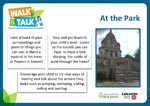 If you’re at the park with your child, get them to notice things around them and point them out to you. Examples might include flowers, dogs going for a walk, ducks on the lake, birds, bees, and different types of leaves. Discuss them. Perhaps even encourage your child(ren) to make up a poem about what they see or hear.
If you’re at the park with your child, get them to notice things around them and point them out to you. Examples might include flowers, dogs going for a walk, ducks on the lake, birds, bees, and different types of leaves. Discuss them. Perhaps even encourage your child(ren) to make up a poem about what they see or hear.
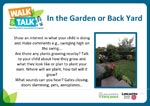 Similarly, you can instigate a conversation with them about the flora and fauna in a garden. Can they spot and describe a butterfly? What is the butterfly doing? What is a bee doing and why are they important? (Click the thumbnail images for more ideas).
Similarly, you can instigate a conversation with them about the flora and fauna in a garden. Can they spot and describe a butterfly? What is the butterfly doing? What is a bee doing and why are they important? (Click the thumbnail images for more ideas).
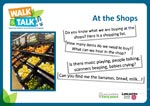 At the local shops, you might ask your little one what they can hear, for example background music, the babble of chattering people, tills being used to scan items, and so on. How many bananas do we need this week? Can you fetch them for me, please? Let’s discuss what’s left on the shopping list. And can they smell the lovely scent of food cooking in the bakery section?
At the local shops, you might ask your little one what they can hear, for example background music, the babble of chattering people, tills being used to scan items, and so on. How many bananas do we need this week? Can you fetch them for me, please? Let’s discuss what’s left on the shopping list. And can they smell the lovely scent of food cooking in the bakery section?
Tips for Successful Communication with Your Child
- Get their attention, for example, by saying their name or by pointing out something interesting during the walk.
- Try getting down to their level. There, you can communicate face to face whilst ensuring they’re actively engaging with you and looking at or listening to things you’re pointing out to them.
- Ensure they know you’re listening and responding to them too, for example, through what you say, nodding, keeping good eye contact, not interrupting, avoiding finishing sentences for them, and so on.
- Allow your child(ren) proper time to respond to something you’ve pointed out or asked them about. While their language skills and knowledge are still developing, they’ll need more time to respond than an adult might.
- When appropriate, add extra verbal detail for them to build on their language, knowledge and understanding of conversations.
- If your child expresses an interest in something, ensure you follow that interest and explore it further with them. When they’re already interested, you are pushing at an open door.
- Say, “well done” to them and give them praise when they do well, for example, when they learn a new word, phrase, or fact.
- Don’t forget that communication is not just verbal and children will therefore need to take your lead in the way you also use facial expressions and body language to convey some types of communication.
- Remember too that every activity is an opportunity for talking, communication, and learning.
- Make it fun! When you make walking and talking with your child fun, they’re more likely to enjoy and learn from it.
A High-Quality Early Years Education at Little Acorns Nursery, Padiham
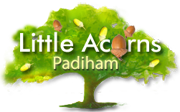 Fostering good communication and language skills is, of course, all part of the wonderful early years education that children under five gain at Little Acorns Nursery in Padiham, Lancashire. Indeed, we nurture all aspects of the learning and development of all our babies, toddlers and preschoolers; we bring out the very best in them to ensure they have all the tools to thrive and succeed in every way possible. So, if you are looking for the best nursery for your child in Padiham or live nearby in Hapton, Rose Grove, Burnley, Altham, Huncoat, Read, Simonstone, Sabden, Higham or Wood End, contact us to explore a possible place for your child at our exceptional nursery and preschool. We’ll be happy to answer any questions, show you and your little one around, or register your child for a childcare place.
Fostering good communication and language skills is, of course, all part of the wonderful early years education that children under five gain at Little Acorns Nursery in Padiham, Lancashire. Indeed, we nurture all aspects of the learning and development of all our babies, toddlers and preschoolers; we bring out the very best in them to ensure they have all the tools to thrive and succeed in every way possible. So, if you are looking for the best nursery for your child in Padiham or live nearby in Hapton, Rose Grove, Burnley, Altham, Huncoat, Read, Simonstone, Sabden, Higham or Wood End, contact us to explore a possible place for your child at our exceptional nursery and preschool. We’ll be happy to answer any questions, show you and your little one around, or register your child for a childcare place.
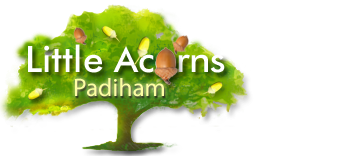
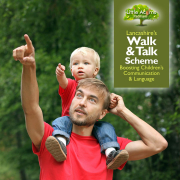
 a reduction in the ‘word gap’ — helping children learn new words and widen vocabulary;
a reduction in the ‘word gap’ — helping children learn new words and widen vocabulary;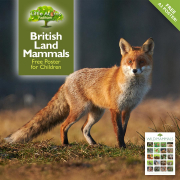
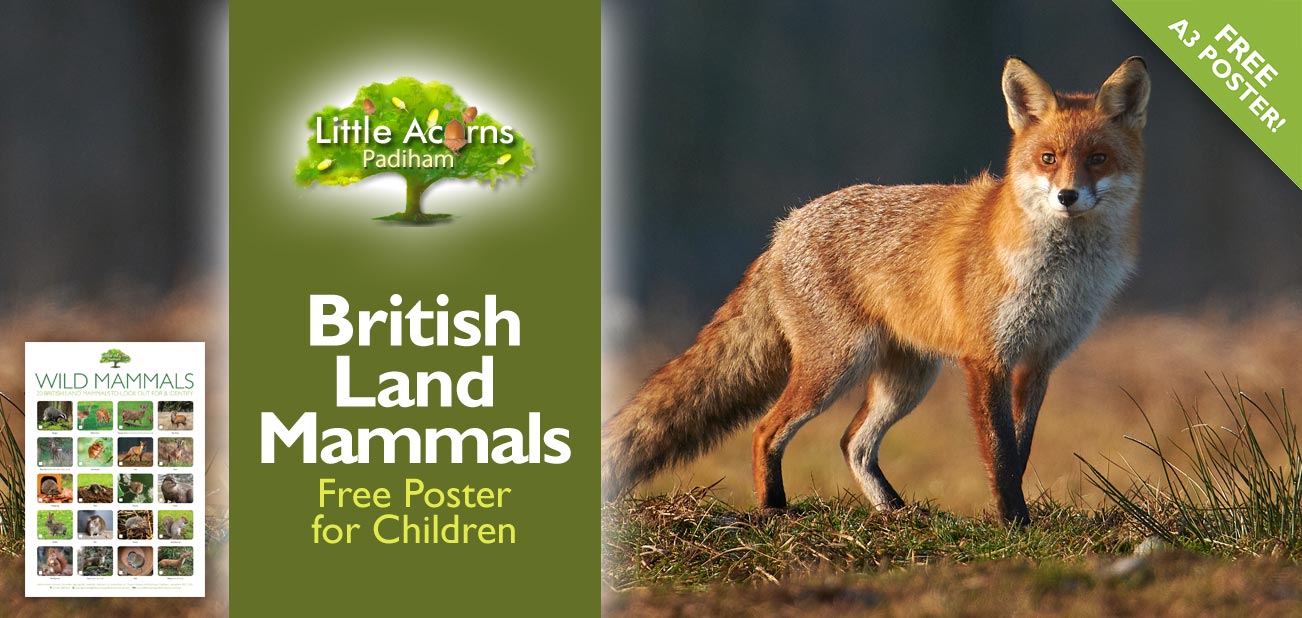
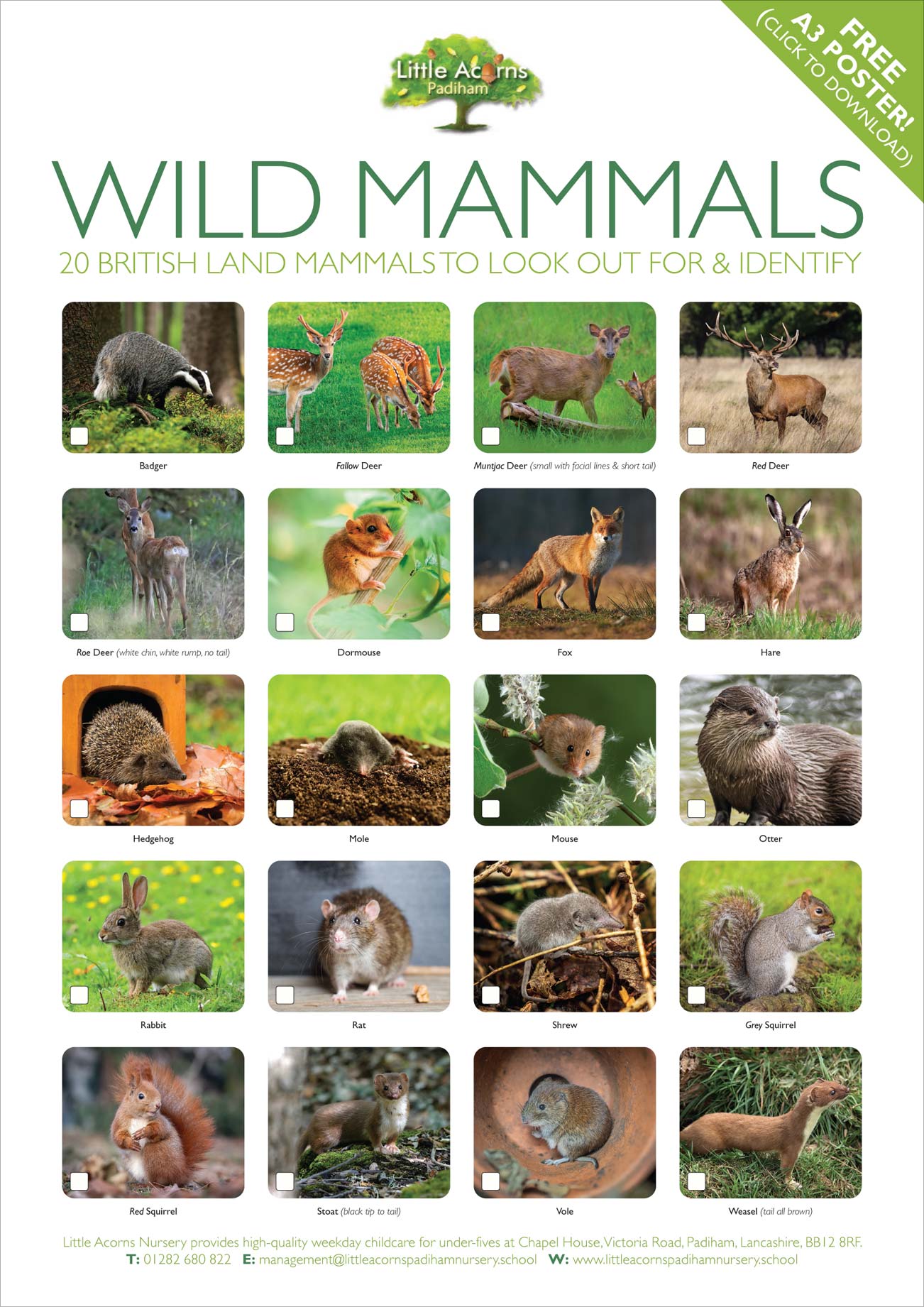
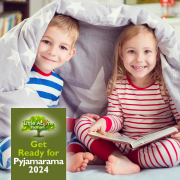
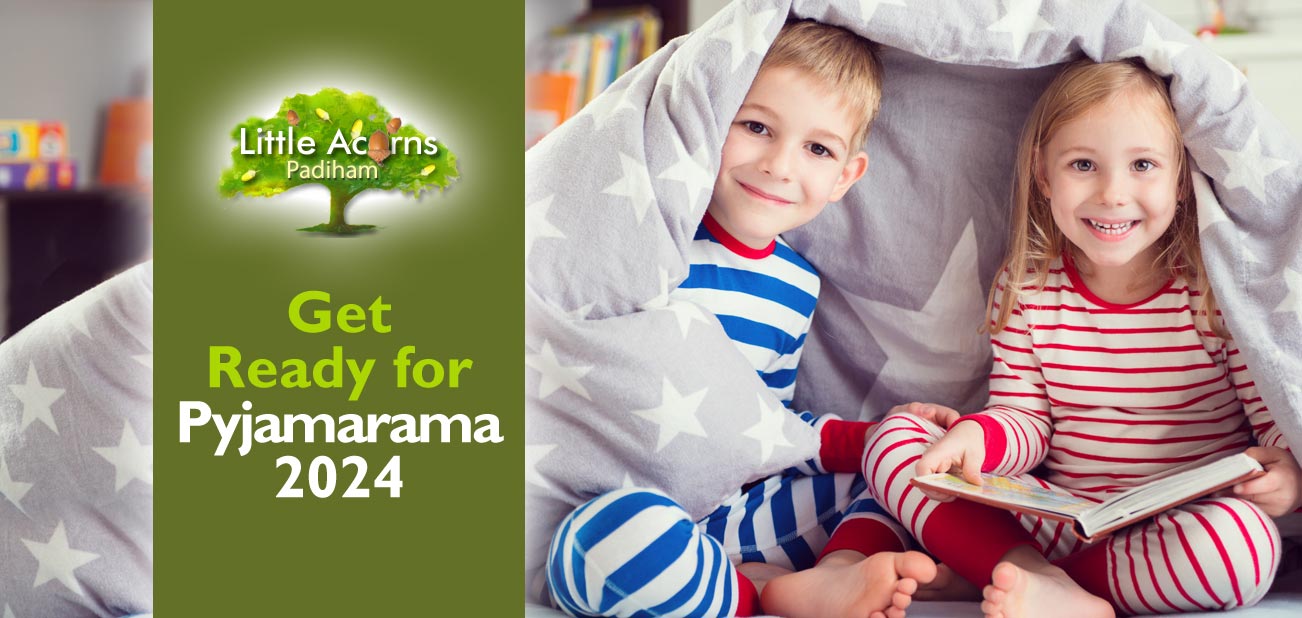
 Pyjamarama is a one-day fundraising event that’s organised through the children’s reading charity BookTrust. It takes place each year across a variety of UK settings including homes, schools, preschools, nurseries and more. As well as being great fun for those organising and taking part, the initiative is beneficial to millions of disadvantaged children. The ultimate aim is to raise money to fund the purchase of books and resources, so that every child in the UK gets the chance for bedtime stories and each family has proper reading opportunities. The initiative is hugely popular, great fun, and transforms lives. Today, we take a look at what to expect, how to get involved, and the many benefits of Pyjamarama.
Pyjamarama is a one-day fundraising event that’s organised through the children’s reading charity BookTrust. It takes place each year across a variety of UK settings including homes, schools, preschools, nurseries and more. As well as being great fun for those organising and taking part, the initiative is beneficial to millions of disadvantaged children. The ultimate aim is to raise money to fund the purchase of books and resources, so that every child in the UK gets the chance for bedtime stories and each family has proper reading opportunities. The initiative is hugely popular, great fun, and transforms lives. Today, we take a look at what to expect, how to get involved, and the many benefits of Pyjamarama. Pyjamarama is always a fun day for both adults and children. The added aspect of pyjamas makes it special, quirky and relaxed. And, at the end of the day, it’s incredibly worthwhile. Not only does it raise money to give disadvantaged children and their families opportunities for reading and bedtime stories, but it also encourages those children taking part in Pyjamarama to read more, for pleasure as much as anything. Additionally, it gives children a different perspective and encourages altruism and empathy for others less fortunate than themselves.
Pyjamarama is always a fun day for both adults and children. The added aspect of pyjamas makes it special, quirky and relaxed. And, at the end of the day, it’s incredibly worthwhile. Not only does it raise money to give disadvantaged children and their families opportunities for reading and bedtime stories, but it also encourages those children taking part in Pyjamarama to read more, for pleasure as much as anything. Additionally, it gives children a different perspective and encourages altruism and empathy for others less fortunate than themselves.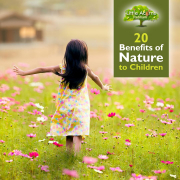
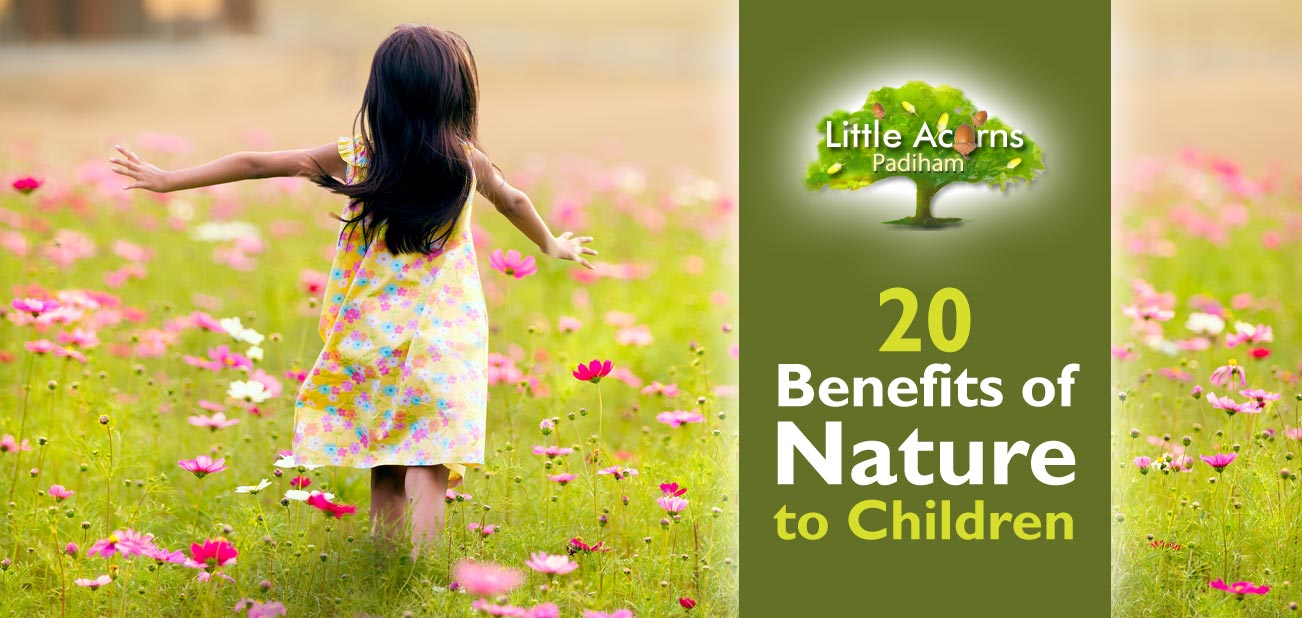
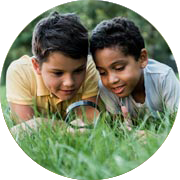 One of the many reasons we love nature and nature-based children’s activities here at Little Acorns Nursery is that nature is incredibly beneficial to children. What’s more, the benefits start right from their earliest years and are profoundly powerful to little ones. There have been many studies about this over the years and they all seem to conclude that nature is incredibly good for us all, especially so during the early years. Today’s post looks at 20 of the key benefits that spending time in and around nature holds for children and, with Spring now upon us, it’s the perfect time to begin getting little ones outside more, weather permitting.
One of the many reasons we love nature and nature-based children’s activities here at Little Acorns Nursery is that nature is incredibly beneficial to children. What’s more, the benefits start right from their earliest years and are profoundly powerful to little ones. There have been many studies about this over the years and they all seem to conclude that nature is incredibly good for us all, especially so during the early years. Today’s post looks at 20 of the key benefits that spending time in and around nature holds for children and, with Spring now upon us, it’s the perfect time to begin getting little ones outside more, weather permitting. Spending time in and around nature means children are more likely to be active, for example, walking, running, skipping, climbing, playing, making, or simply building a den. Such activities will not only help them hone fine and gross motor skills, but will also improve coordination, balance, and fitness. Those skills will help them day-to-day while expending energy in this way will help them maintain a healthy weight and body-mass index.
Spending time in and around nature means children are more likely to be active, for example, walking, running, skipping, climbing, playing, making, or simply building a den. Such activities will not only help them hone fine and gross motor skills, but will also improve coordination, balance, and fitness. Those skills will help them day-to-day while expending energy in this way will help them maintain a healthy weight and body-mass index. One of the more obvious benefits of nature is that it gives children a huge sense of freedom that they might not otherwise experience. Being in The Great Outdoors allows children, under appropriate supervision, to run, explore, and play in ways that are far more free than in any other situation. This will also give them a huge sense of natural joy.
One of the more obvious benefits of nature is that it gives children a huge sense of freedom that they might not otherwise experience. Being in The Great Outdoors allows children, under appropriate supervision, to run, explore, and play in ways that are far more free than in any other situation. This will also give them a huge sense of natural joy.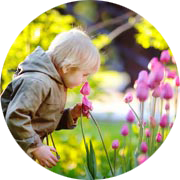 The stimulation of the senses is never more important than during children’s early years and spending time in nature is the perfect vehicle through which to do so. With so many colours, sounds, smells, textures and even (under adult supervision) tastes available in the natural world, it is indeed a feast for children’s senses. Through the senses, children will learn more about the world and generate millions of new connections in their developing brains. It’s almost magical!
The stimulation of the senses is never more important than during children’s early years and spending time in nature is the perfect vehicle through which to do so. With so many colours, sounds, smells, textures and even (under adult supervision) tastes available in the natural world, it is indeed a feast for children’s senses. Through the senses, children will learn more about the world and generate millions of new connections in their developing brains. It’s almost magical!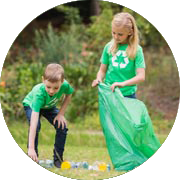 Being around nature regularly can also help children lean naturally towards environmental issues, learn about the problems and become part of the solution. An appreciation of nature is indeed the first step towards becoming environmentally conscious and proactive. That’s a great thing for the planet, particularly as today’s children will become tomorrow’s custodians of the Earth.
Being around nature regularly can also help children lean naturally towards environmental issues, learn about the problems and become part of the solution. An appreciation of nature is indeed the first step towards becoming environmentally conscious and proactive. That’s a great thing for the planet, particularly as today’s children will become tomorrow’s custodians of the Earth. Children generally team up with friends when they’re playing and exploring outdoors. Spending time playing together in natural environments fosters many different kinds of interaction. This can boost confidence, language, communication and social skills. Stronger bonds and a deeper understanding of peers are likely to form from this.
Children generally team up with friends when they’re playing and exploring outdoors. Spending time playing together in natural environments fosters many different kinds of interaction. This can boost confidence, language, communication and social skills. Stronger bonds and a deeper understanding of peers are likely to form from this.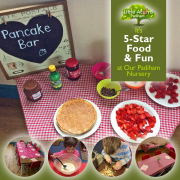
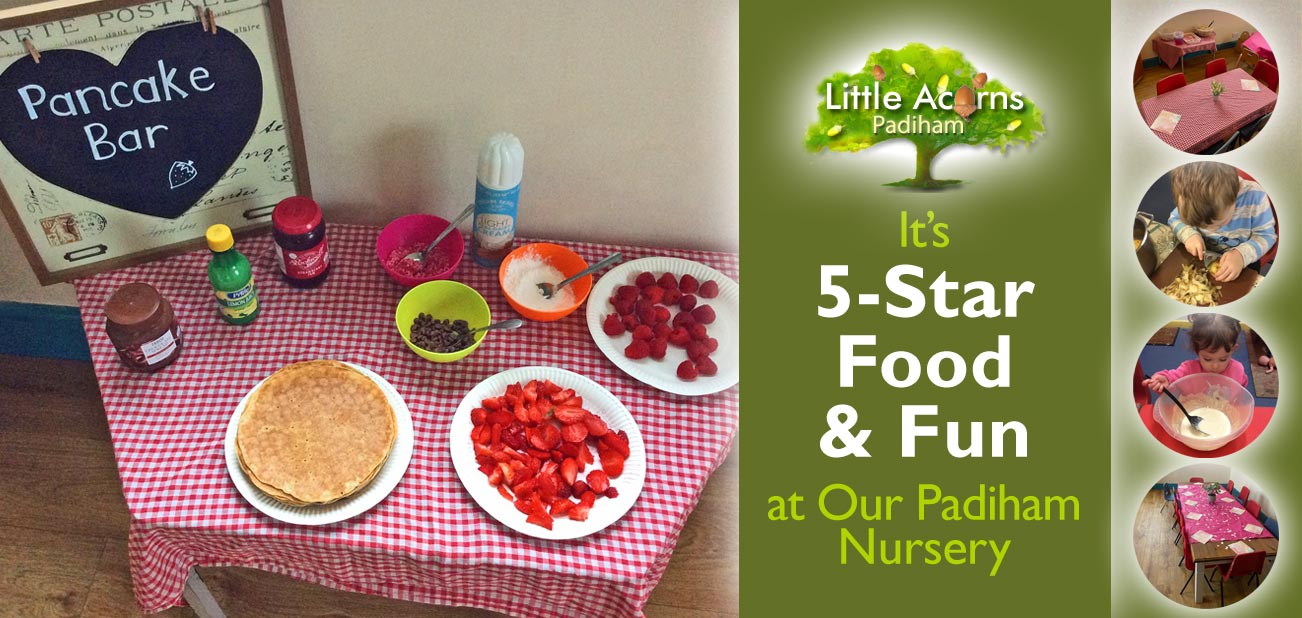
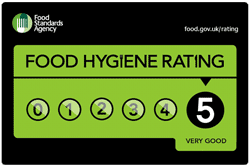 Our Padiham nursery had its annual inspection by the local Environmental Health Officer recently. The purpose was to ensure, as required in all settings serving food, that Little Acorns Nursery has high standards of hygiene and follows the food preparation guidelines specified by the UK’s Food Standards Agency. Once again, Little Acorns Nursery passed with flying colours, achieving a full 5-star rating. That’s the best rating possible and reflects the highest levels of quality for food preparation, the food itself, cleanliness, and competence of staff. So, our thanks and utmost respect go to Kim, our in-house chef/cook, whose high standards, skill and expertise do the children and the nursery proud.
Our Padiham nursery had its annual inspection by the local Environmental Health Officer recently. The purpose was to ensure, as required in all settings serving food, that Little Acorns Nursery has high standards of hygiene and follows the food preparation guidelines specified by the UK’s Food Standards Agency. Once again, Little Acorns Nursery passed with flying colours, achieving a full 5-star rating. That’s the best rating possible and reflects the highest levels of quality for food preparation, the food itself, cleanliness, and competence of staff. So, our thanks and utmost respect go to Kim, our in-house chef/cook, whose high standards, skill and expertise do the children and the nursery proud.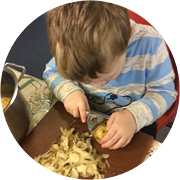 Because the recipe heavily involved potatoes, this also tied in nicely with the book Supertato, which our preschoolers have been looking at in tandem with discussions about food and the importance of a healthy diet. The photo shows one of the children peeling potatoes. Others peeled vegetables and even made their own dumplings. The fun activity helped to nurture children’s learning and the development of new skills and knowledge. The final result was both tasty and a huge hit with the little ones!
Because the recipe heavily involved potatoes, this also tied in nicely with the book Supertato, which our preschoolers have been looking at in tandem with discussions about food and the importance of a healthy diet. The photo shows one of the children peeling potatoes. Others peeled vegetables and even made their own dumplings. The fun activity helped to nurture children’s learning and the development of new skills and knowledge. The final result was both tasty and a huge hit with the little ones!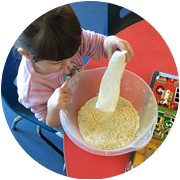 Shrove Tuesday, a.k.a. Pancake Day, arrived on the 13th of February and it gave us a great opportunity to organise pancake-themed activities for the nursery/preschool children … for the entire week! After all, who doesn’t love pancakes? So, as you’ve no doubt guessed by now, our Recipe of the Month for February was home-made pancakes and it’s a recipe the children really enjoyed getting involved in. They loved mixing ingredients in a bowl to make their own pancake mix. We even set up a ‘Pancake Bar’ (see the main photo at the top), which included lots of yummy toppings that children could use to decorate their pancakes. The toppings included strawberries, bananas, chocolate spread, jam, lemon, sprinkles, honey and cream.
Shrove Tuesday, a.k.a. Pancake Day, arrived on the 13th of February and it gave us a great opportunity to organise pancake-themed activities for the nursery/preschool children … for the entire week! After all, who doesn’t love pancakes? So, as you’ve no doubt guessed by now, our Recipe of the Month for February was home-made pancakes and it’s a recipe the children really enjoyed getting involved in. They loved mixing ingredients in a bowl to make their own pancake mix. We even set up a ‘Pancake Bar’ (see the main photo at the top), which included lots of yummy toppings that children could use to decorate their pancakes. The toppings included strawberries, bananas, chocolate spread, jam, lemon, sprinkles, honey and cream.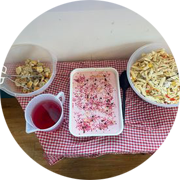 Valentine’s Day, which arrived on the 14th of February, also involved lots of food. After all, as the saying goes, it is often thought of as the language of love! At the nursery, we organised a lovely Grab ‘n’ Go Breakfast for our parents. This was followed by a special 3-course Valentine’s Day meal for our children in our lovely new dining room, which was set up like a little restaurant (see the photos). Children had sausage rolls to start, cheesy chicken and red pepper pasta for the main course and strawberry mousse – with sprinkles – for pudding. Accompanying this was some delicious blackcurrant juice. It all went down a treat with our nursery children, as did several other activities that were themed towards Valentine’s Day.
Valentine’s Day, which arrived on the 14th of February, also involved lots of food. After all, as the saying goes, it is often thought of as the language of love! At the nursery, we organised a lovely Grab ‘n’ Go Breakfast for our parents. This was followed by a special 3-course Valentine’s Day meal for our children in our lovely new dining room, which was set up like a little restaurant (see the photos). Children had sausage rolls to start, cheesy chicken and red pepper pasta for the main course and strawberry mousse – with sprinkles – for pudding. Accompanying this was some delicious blackcurrant juice. It all went down a treat with our nursery children, as did several other activities that were themed towards Valentine’s Day.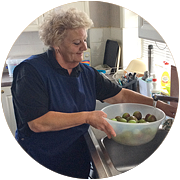 Kim, our talented in-house chef, prepares tasty home-made meals and healthy snacks for children at the nursery. Meals are prepared freshly, on site, using high-quality ingredients, which are locally sourced whenever possible. They are delicious as well as being nutritionally balanced to include a healthy mix of fish, meat, pulses and vegetables.
Kim, our talented in-house chef, prepares tasty home-made meals and healthy snacks for children at the nursery. Meals are prepared freshly, on site, using high-quality ingredients, which are locally sourced whenever possible. They are delicious as well as being nutritionally balanced to include a healthy mix of fish, meat, pulses and vegetables. 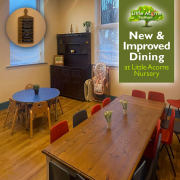
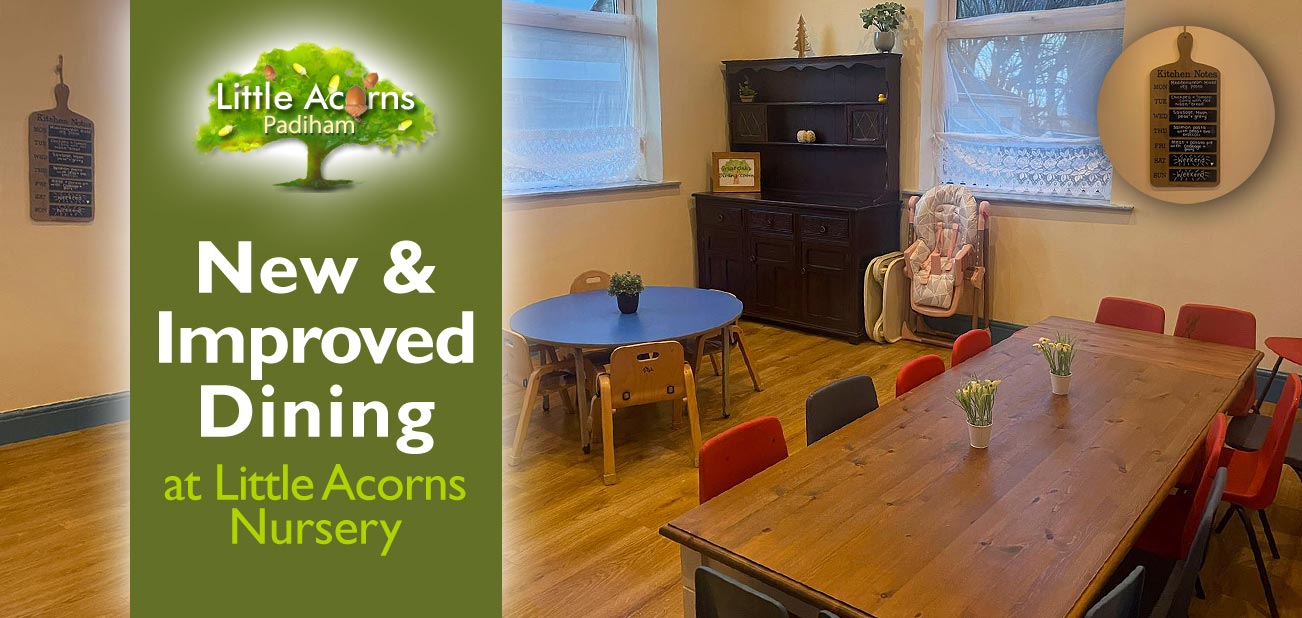
 To make way for the new children’s dining room, an existing room at the setting was repurposed and totally revamped. Starting in Summer 2023, the contents of the existing room were sorted and relocated where needed, leaving a wonderful new space to use as the new ‘Great Oaks’ dining room. Walls, ceilings and skirting boards were prepared and freshened up with new paint. Attractive William Morris-style wallpaper was also hung on a ‘feature’ wall. Large canvas wall images were displayed to form interesting focal points and storage was added in the form of a large cabinet and a small cupboard. Large and small dining room tables and chairs were added for the different age groups along with high chairs, which will be close at hand whenever needed. All this sits on a durable floor with an attractive wood finish. All in all, the outcome is a pleasant home-from-home for children.
To make way for the new children’s dining room, an existing room at the setting was repurposed and totally revamped. Starting in Summer 2023, the contents of the existing room were sorted and relocated where needed, leaving a wonderful new space to use as the new ‘Great Oaks’ dining room. Walls, ceilings and skirting boards were prepared and freshened up with new paint. Attractive William Morris-style wallpaper was also hung on a ‘feature’ wall. Large canvas wall images were displayed to form interesting focal points and storage was added in the form of a large cabinet and a small cupboard. Large and small dining room tables and chairs were added for the different age groups along with high chairs, which will be close at hand whenever needed. All this sits on a durable floor with an attractive wood finish. All in all, the outcome is a pleasant home-from-home for children.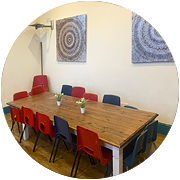
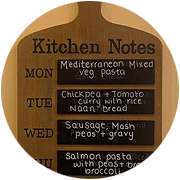
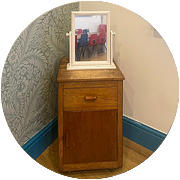

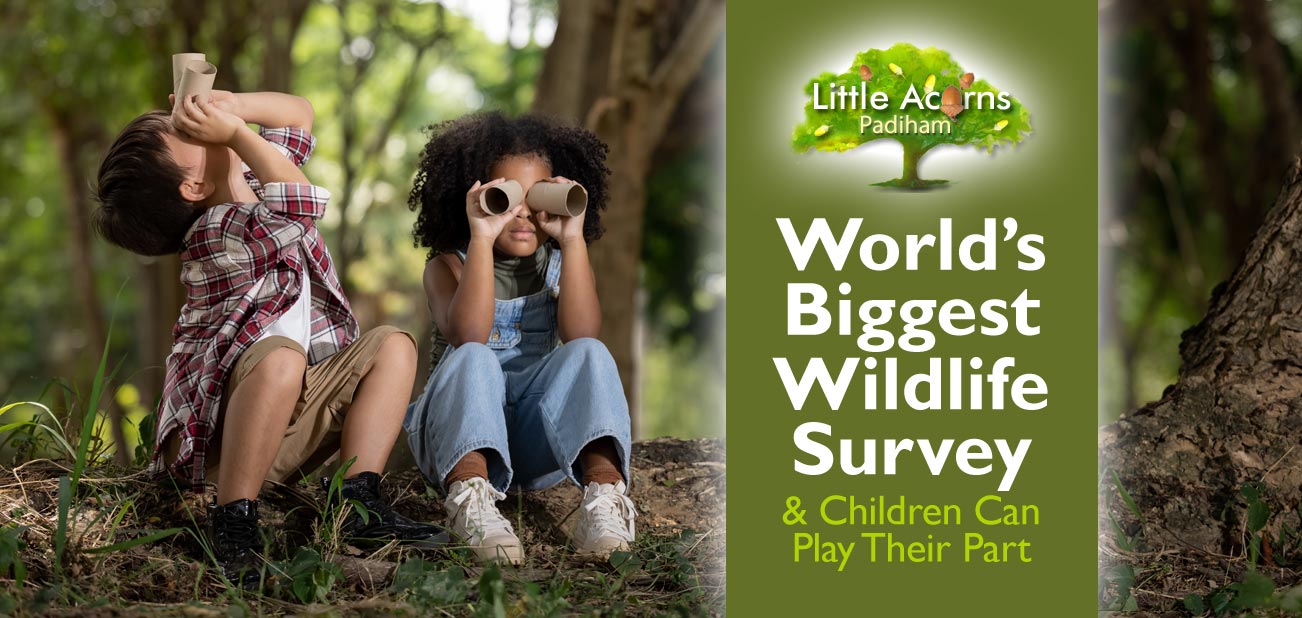
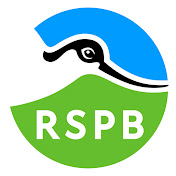 Children, adults, and whole families are gearing up to take part in the world’s biggest garden wildlife survey in early 2025. Organised by the RSPB (Royal Society for the Protection of Birds), the Big Garden Birdwatch requires just one hour of your time during late January 2025. It’s free, hugely worthwhile, and will benefit nature, conservation, and children themselves. So, why not set a date for your diary and take part? Today’s post explains how to enrol, what to do, and how it will benefit all parties involved.
Children, adults, and whole families are gearing up to take part in the world’s biggest garden wildlife survey in early 2025. Organised by the RSPB (Royal Society for the Protection of Birds), the Big Garden Birdwatch requires just one hour of your time during late January 2025. It’s free, hugely worthwhile, and will benefit nature, conservation, and children themselves. So, why not set a date for your diary and take part? Today’s post explains how to enrol, what to do, and how it will benefit all parties involved.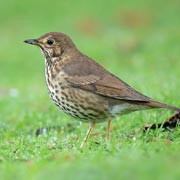 The Big Garden Birdwatch is designed to keep tabs on wild bird populations in the UK. It’s a survey that’s been undertaken across the UK every year since 1979 and allows the RSPB and conservationists to monitor whether any bird species are under threat. Sadly, survey findings in recent years have found this to be the case, with overall bird populations having declined by a staggering 38 million in the last 60 years. Song thrushes alone, for example, have declined by 80% and even the UK’s most populous bird species, House Sparrows, have declined by 57% since the survey began.
The Big Garden Birdwatch is designed to keep tabs on wild bird populations in the UK. It’s a survey that’s been undertaken across the UK every year since 1979 and allows the RSPB and conservationists to monitor whether any bird species are under threat. Sadly, survey findings in recent years have found this to be the case, with overall bird populations having declined by a staggering 38 million in the last 60 years. Song thrushes alone, for example, have declined by 80% and even the UK’s most populous bird species, House Sparrows, have declined by 57% since the survey began. The Big Garden Birdwatch is also a great way to get children outdoors, close to nature, and to introduce them to the concept of nature conservation. By taking part, children can contribute to bird conservation as well as directly benefit in a number of ways themselves. For example, they can
The Big Garden Birdwatch is also a great way to get children outdoors, close to nature, and to introduce them to the concept of nature conservation. By taking part, children can contribute to bird conservation as well as directly benefit in a number of ways themselves. For example, they can 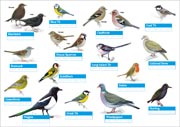 Enrolling your child or family into 2025’s Big Garden Birdwatch is easy and free. Simply
Enrolling your child or family into 2025’s Big Garden Birdwatch is easy and free. Simply 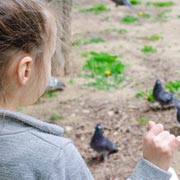 Decide on a natural spot where you’ll undertake your hour’s birdwatch. Your garden, local park or even a balcony will do fine.
Decide on a natural spot where you’ll undertake your hour’s birdwatch. Your garden, local park or even a balcony will do fine.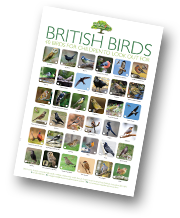 Enjoying Birdwatching?
Enjoying Birdwatching?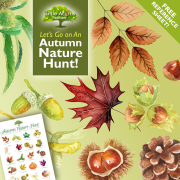
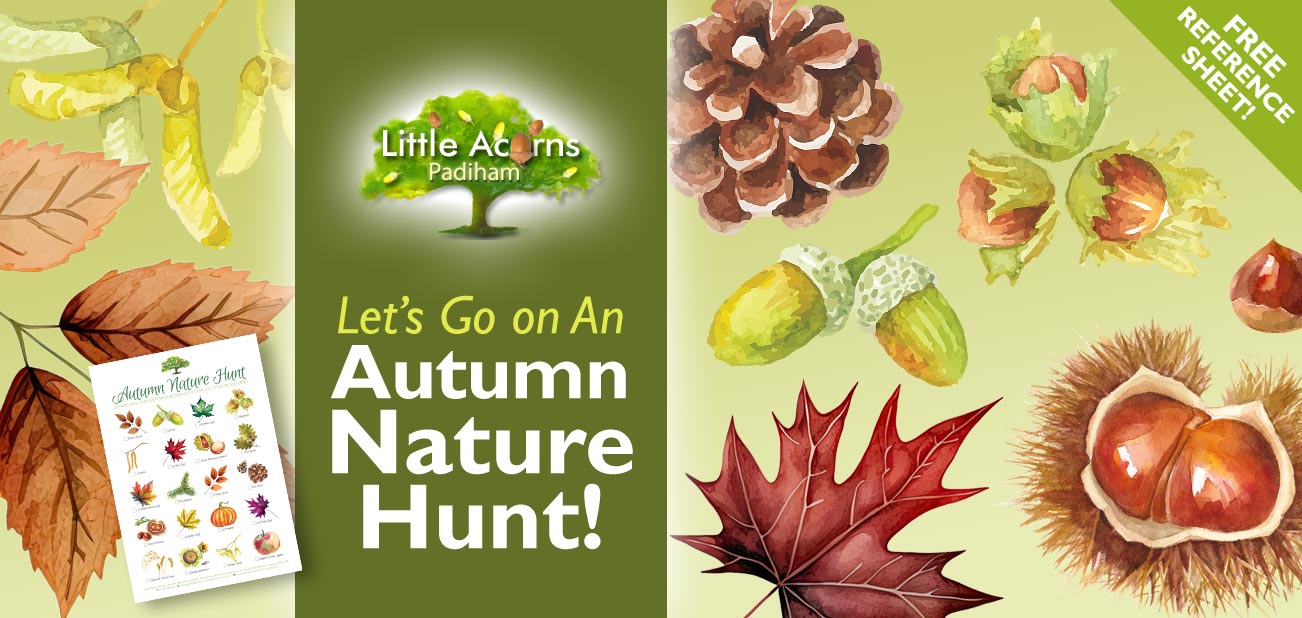
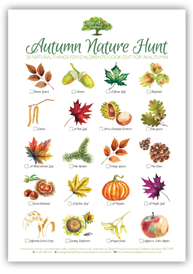 As leaves start to blanket the ground and the earthy scents of autumn begin to infuse the air, it’s the perfect time to engage children in a captivating adventure that celebrates the season. In today’s post, we’ll introduce you to an Autumn Nature Hunt, an exciting outdoor activity for children that’s not only entertaining but also educational.
As leaves start to blanket the ground and the earthy scents of autumn begin to infuse the air, it’s the perfect time to engage children in a captivating adventure that celebrates the season. In today’s post, we’ll introduce you to an Autumn Nature Hunt, an exciting outdoor activity for children that’s not only entertaining but also educational.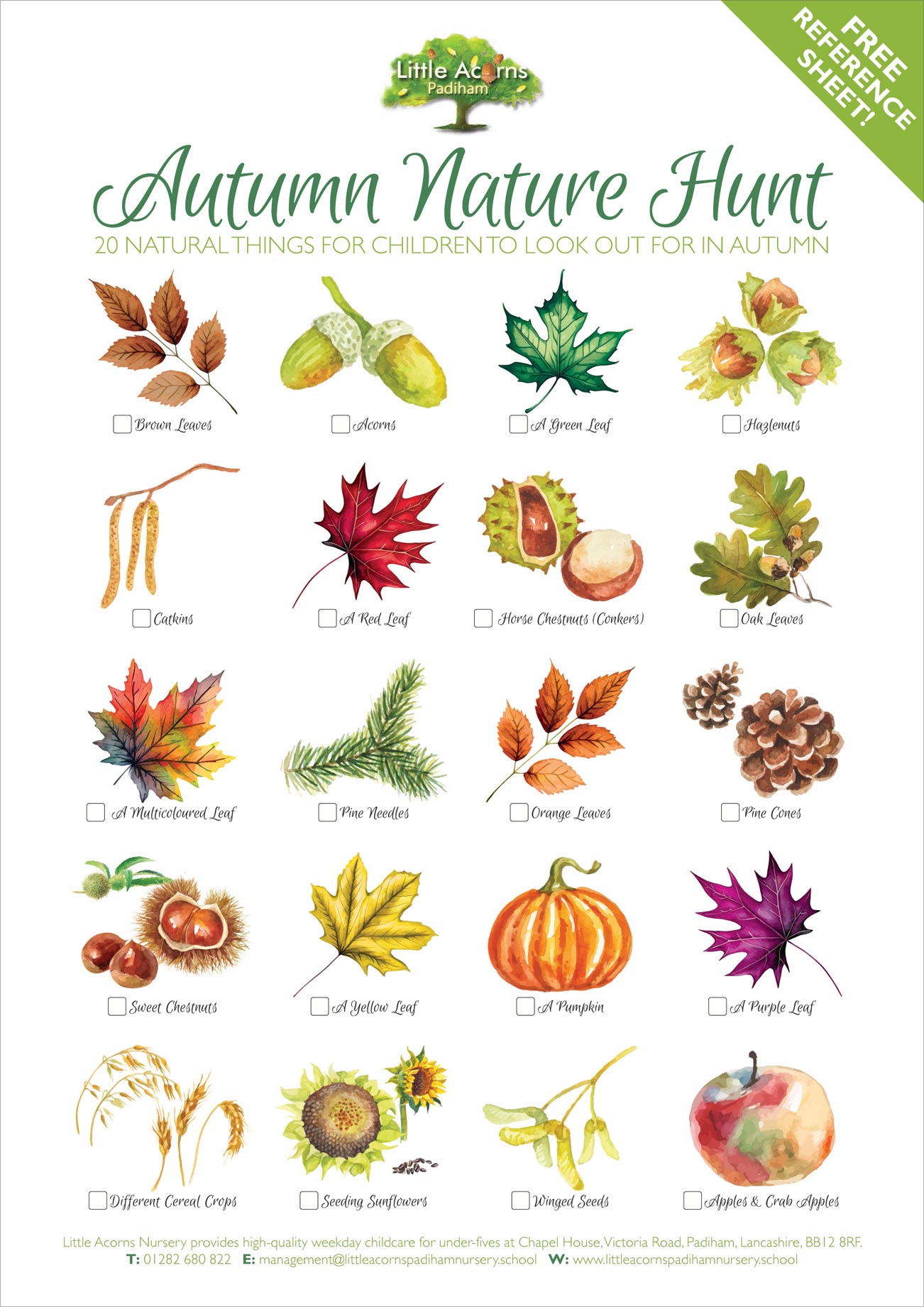
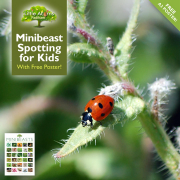
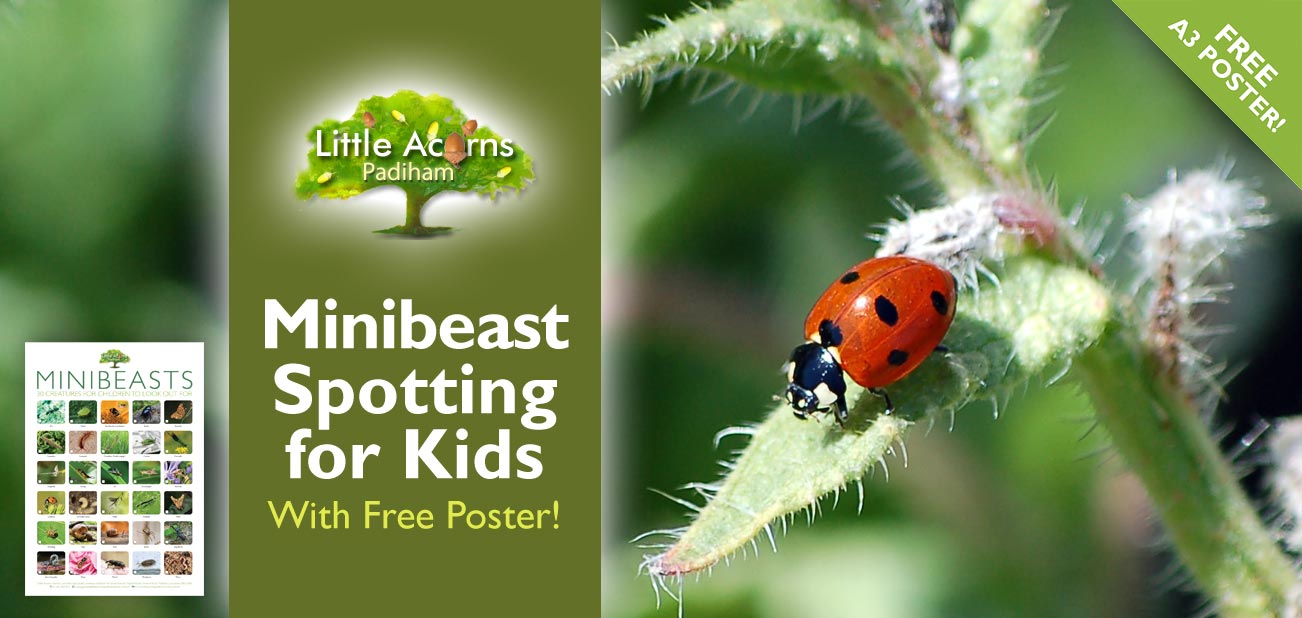
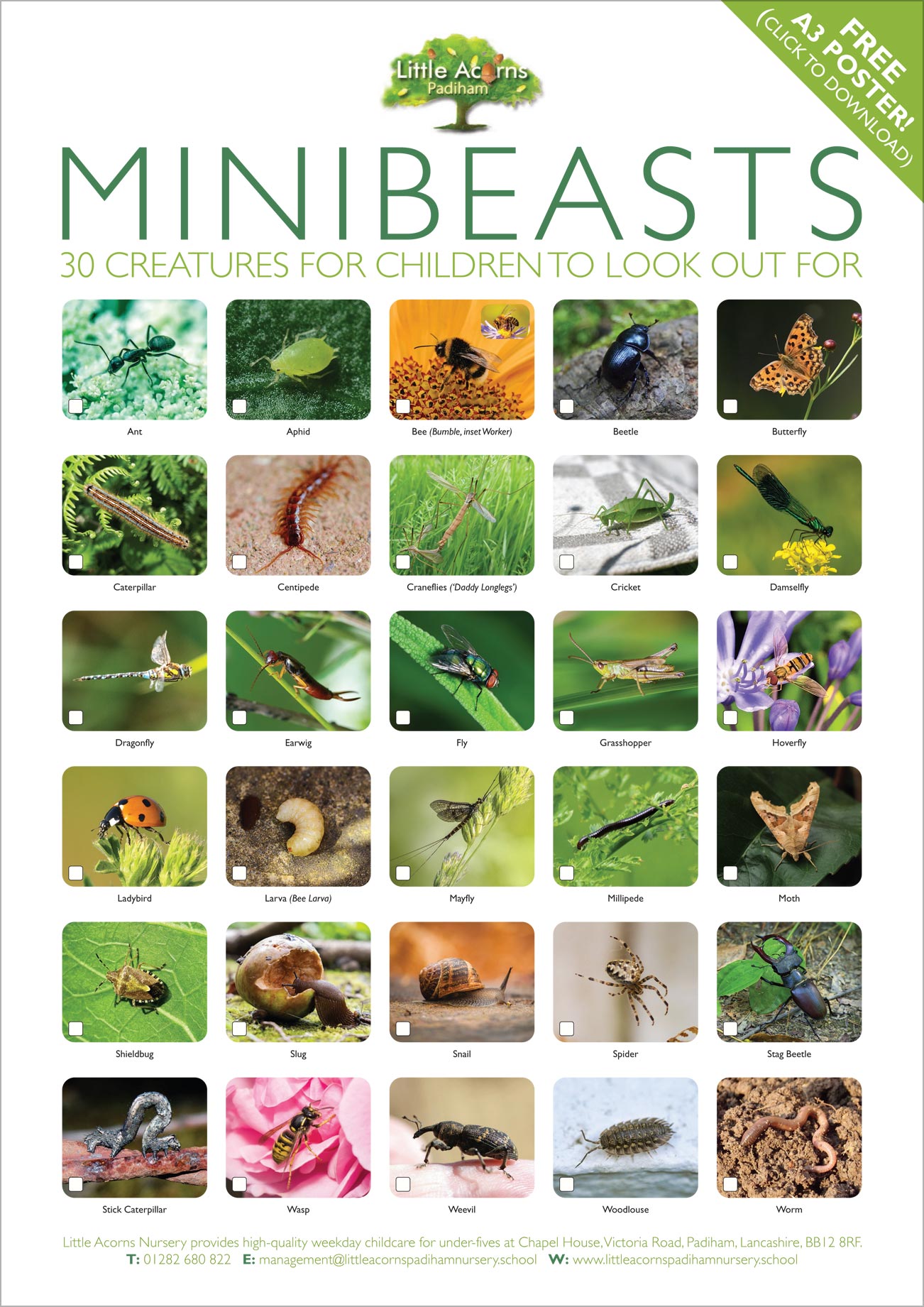
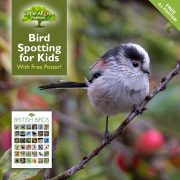
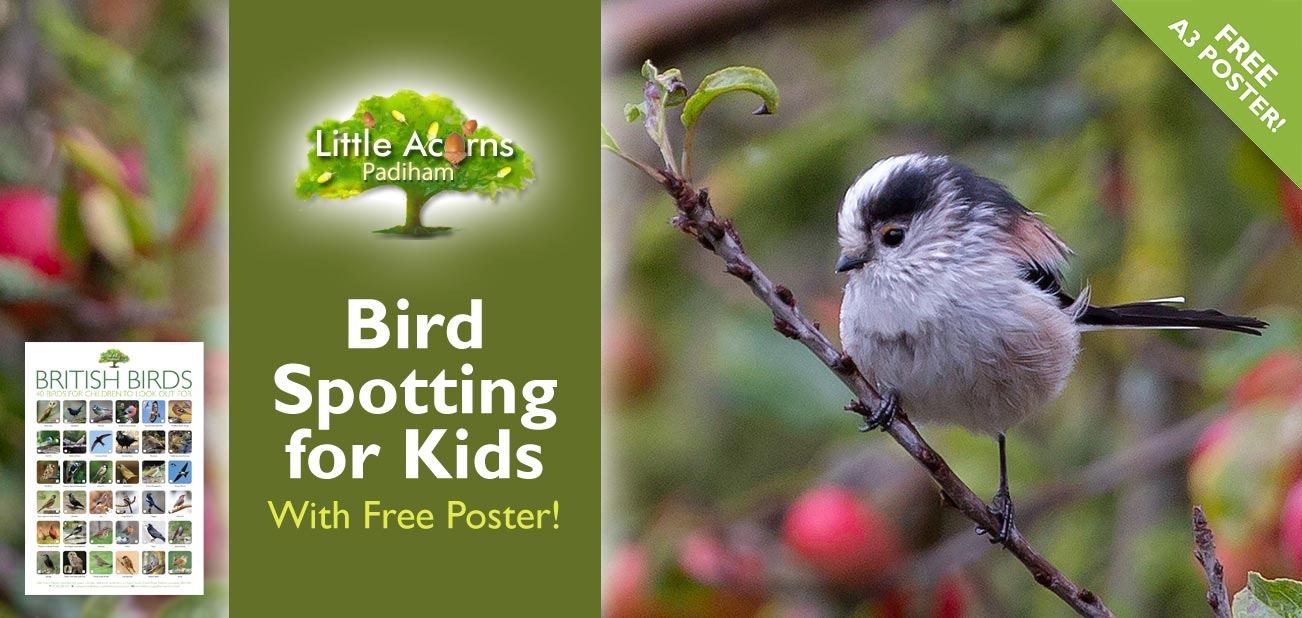
 Today’s bird spotting activity for kids continues our series of nature-themed posts that each come with a free reference poster for families to download. Featuring 40 British birds, the activity and the poster represent a great opportunity to get children of all ages outdoors, closer to nature. As many of us know,
Today’s bird spotting activity for kids continues our series of nature-themed posts that each come with a free reference poster for families to download. Featuring 40 British birds, the activity and the poster represent a great opportunity to get children of all ages outdoors, closer to nature. As many of us know, 